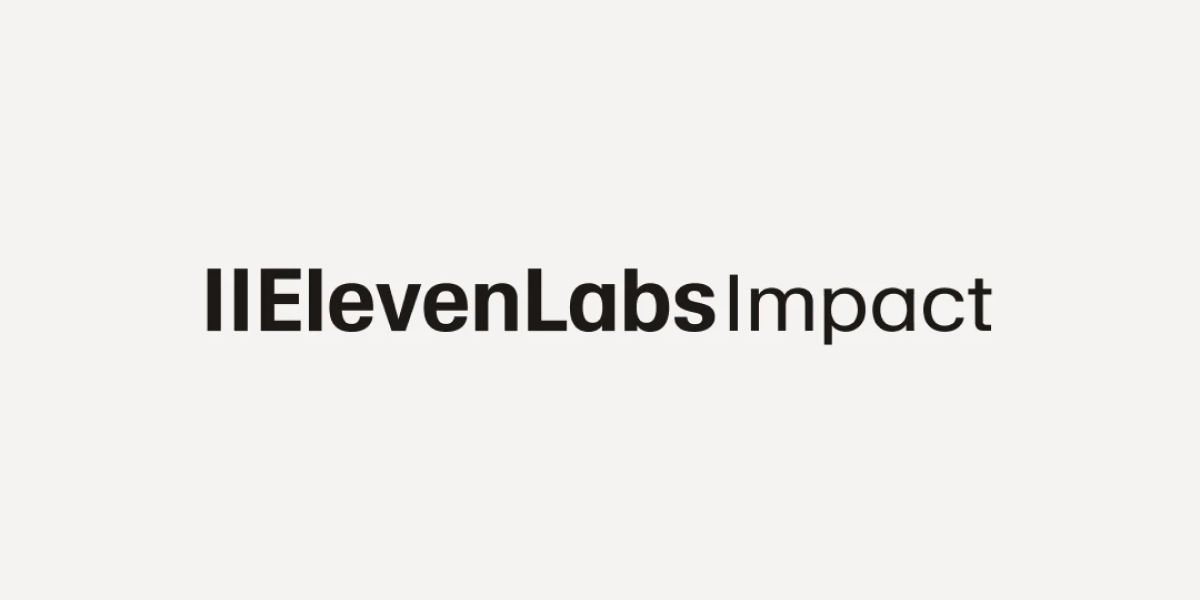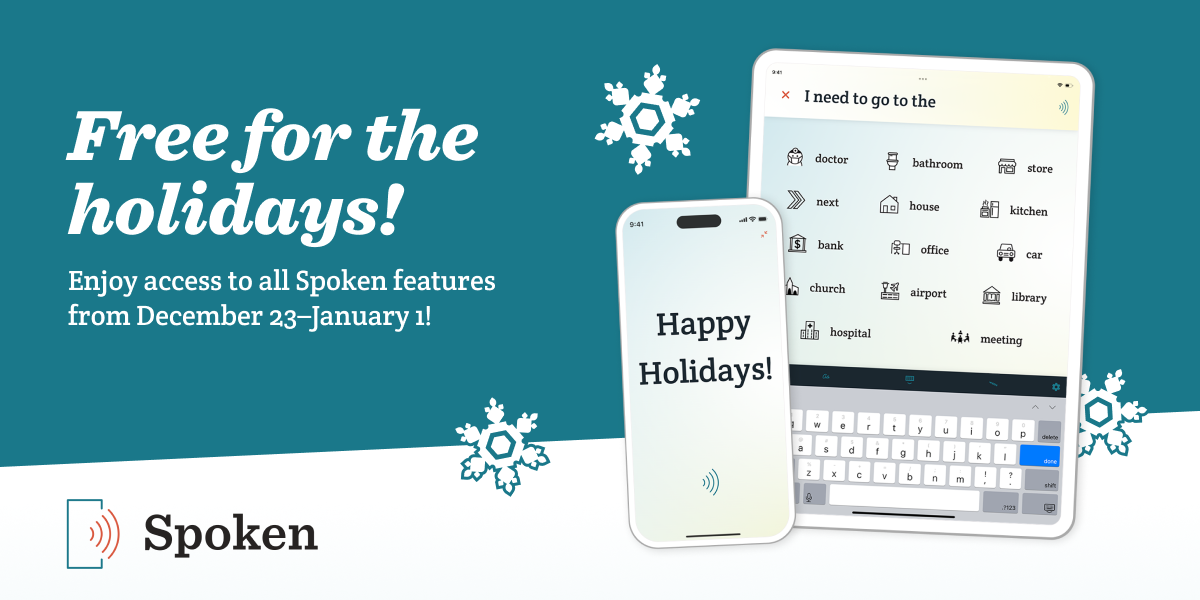Aphasia Awareness Month: Empowering Communication With Spoken
June is Aphasia Awareness Month, a time dedicated to increasing understanding and support for individuals living with aphasia. Aphasia is a language disorder that affects a person’s ability to communicate and understand others. In this blog post, we will explore what aphasia is, provide practical tips for aphasia-friendly communication, and introduce Spoken—an invaluable tool for individuals with aphasia.
Understanding Aphasia
Aphasia can result from stroke, brain injury, or other neurological conditions. It impairs a person’s ability to express thoughts, understand language, read, and write. While aphasia can be frustrating, it’s important to remember that intelligence and cognitive abilities are not affected by the condition.
Tips for Aphasia-Friendly Communication
- Use simple language: Speak slowly and clearly, using short sentences and simple vocabulary.
- Maintain a calm and patient demeanor: Give the person with aphasia enough time to process information and respond. Patience and understanding can significantly reduce communication barriers.
- Use visual aids: Supplement verbal communication with visual aids. Pointing to objects or using drawings can help convey meaning more effectively.
- Encourage alternative communication methods: People with aphasia often find alternative means of communication helpful. Encourage the use of gestures, writing, or technology-assisted communication tools like AAC (augmentative and alternative communication) apps.
How Spoken Can Help
One remarkable tool that can aid individuals with aphasia in their communication journey is Spoken, an AAC app designed with the specific needs of aphasia in mind. This user-friendly app offers a range of features to support effective communication:
- Text-to-speech functionality: Spoken AAC converts text into clear and natural-sounding speech, giving individuals a voice even when verbal expression is challenging.
- Saved phrases: The app enables users to keep a bank of commonly used or important phrases so they can access them even when having trouble communicating.
- Personalized predictions: Spoken incorporates intelligent word prediction technology, suggesting words or phrases as users type. This feature can help individuals with aphasia complete sentences more quickly and accurately.
- Symbol-based communication: The app utilizes a library of icons to help users express their thoughts and needs visually.
- Drawing and writing canvases: Spoken also includes intuitive drawing and writing canvases. These powerful tools can predict what someone is trying to say based on a drawing or convert one’s handwriting into speech. Whether a user prefers to sketch out their thoughts or write by hand, these canvases provide additional options for expressing oneself with ease.
Aphasia Awareness Month provides an opportunity to shed light on aphasia and promote inclusive communication practices. By employing aphasia-friendly communication strategies and utilizing tools like Spoken, we can empower individuals with aphasia to express themselves, participate in conversations, and regain their independence. Let’s join hands in spreading awareness and understanding throughout Aphasia Awareness Month and beyond.
About Spoken
Spoken is an app that helps people with aphasia, nonverbal autism, and other speech and language disorders.


